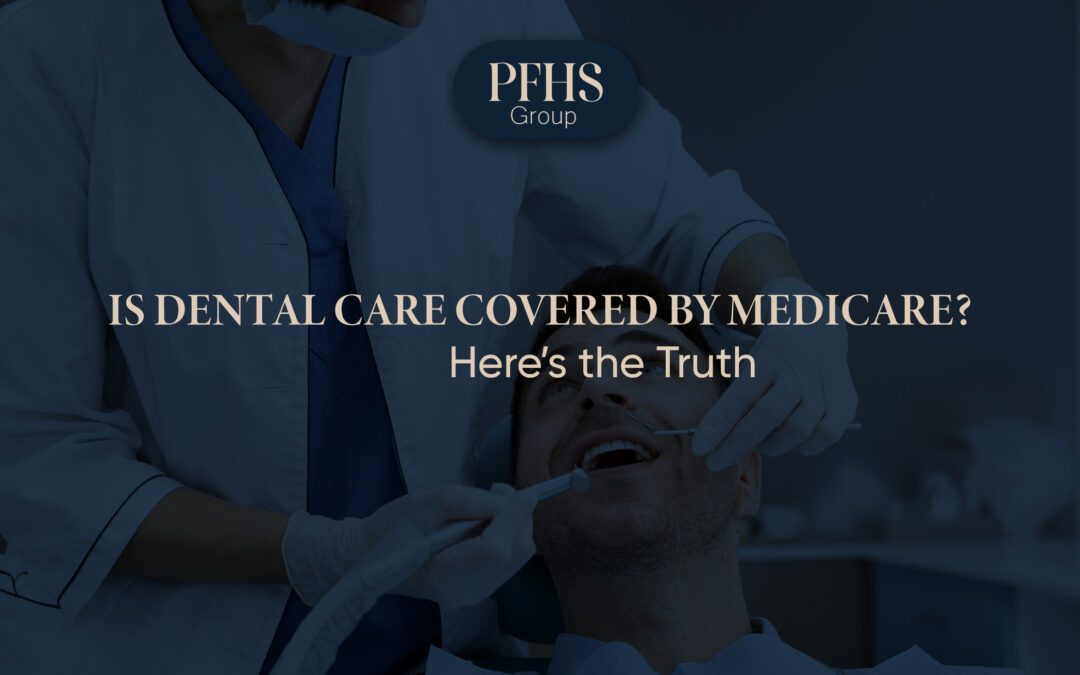When it comes to healthcare coverage, Medicare provides essential benefits for millions of Americans over 65 and those with certain disabilities. However, one question continues to create confusion: Does Medicare cover dental care? The short answer is — not really.
What Traditional Medicare Covers?
Original Medicare, which includes Part A (hospital insurance) and Part B (medical insurance), typically does not cover most routine dental care. This means no coverage for:
- Routine cleanings
- Fillings
- Tooth extractions
- Dentures
- Crowns or root canals
Medicare only covers dental services if they are considered medically necessary. For example, if you need a dental exam before a heart surgery or jaw reconstruction following an accident, Medicare might cover those services — but only the part related to your medical condition, not the dental treatment itself.
What About Medicare Advantage?
There’s some good news: If you want dental coverage, you may find it through a Medicare Advantage Plan (Part C). These plans are provided by private insurance companies authorized by Medicare. Many of them include extra benefits like:
- Preventive dental exams
- Cleanings and X-rays
- Fillings and extractions
- Even dentures and implants in some cases
However, not all Medicare Advantage plans offer the same dental benefits, and some may charge an additional premium. Always read the fine print and compare plans carefully before choosing.
Other Options for Dental Coverage
If you’re sticking with Original Medicare but need dental coverage, here are some alternatives:
- Purchase a separate dental insurance plan
- Join a dental discount plan
- Look for community health clinics offering low-cost dental care
- Explore veterans’ dental benefits if you’re eligible
Final Thoughts
Dental health is a crucial part of overall well-being, especially as we age. Unfortunately, Original Medicare doesn’t provide full dental coverage, but there are ways to bridge the gap. Whether through a Medicare Advantage plan or separate dental insurance, it’s important to explore your options so you don’t face high out-of-pocket dental bills down the road.

